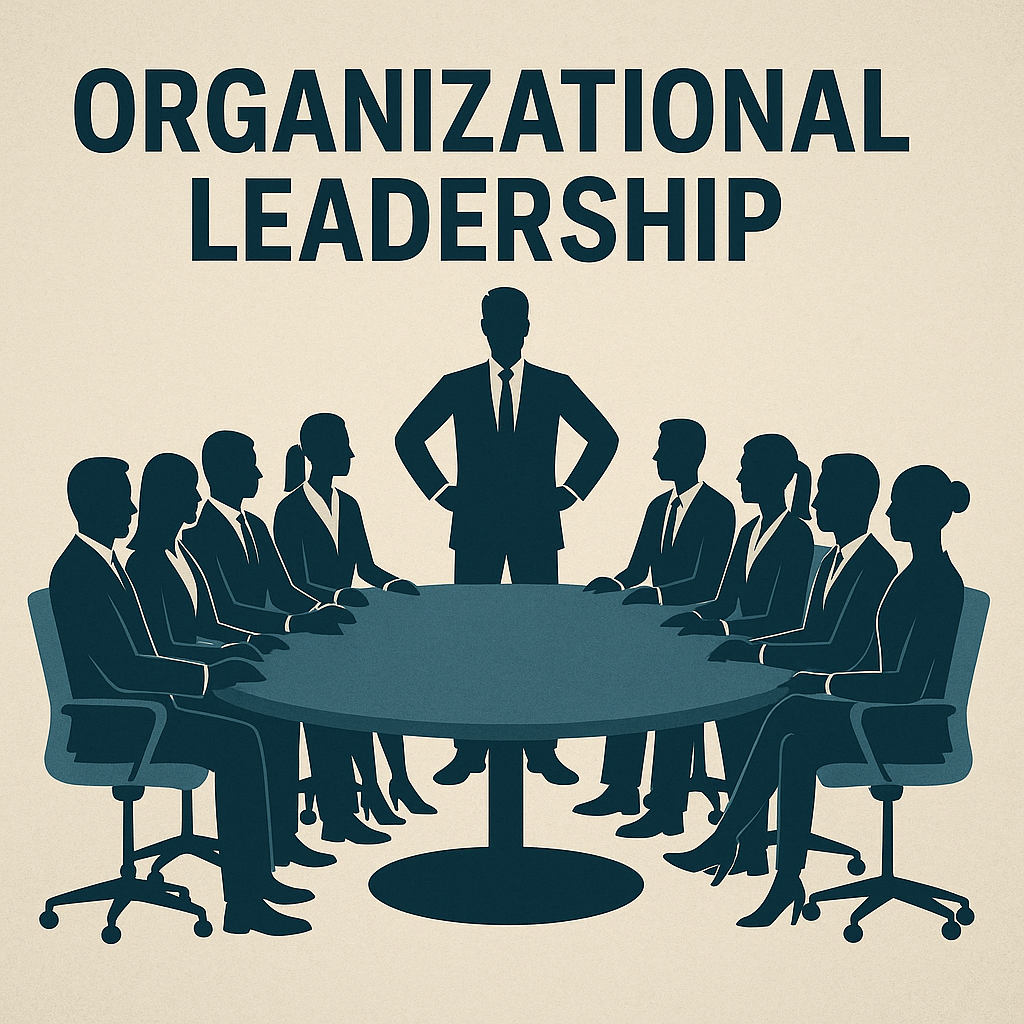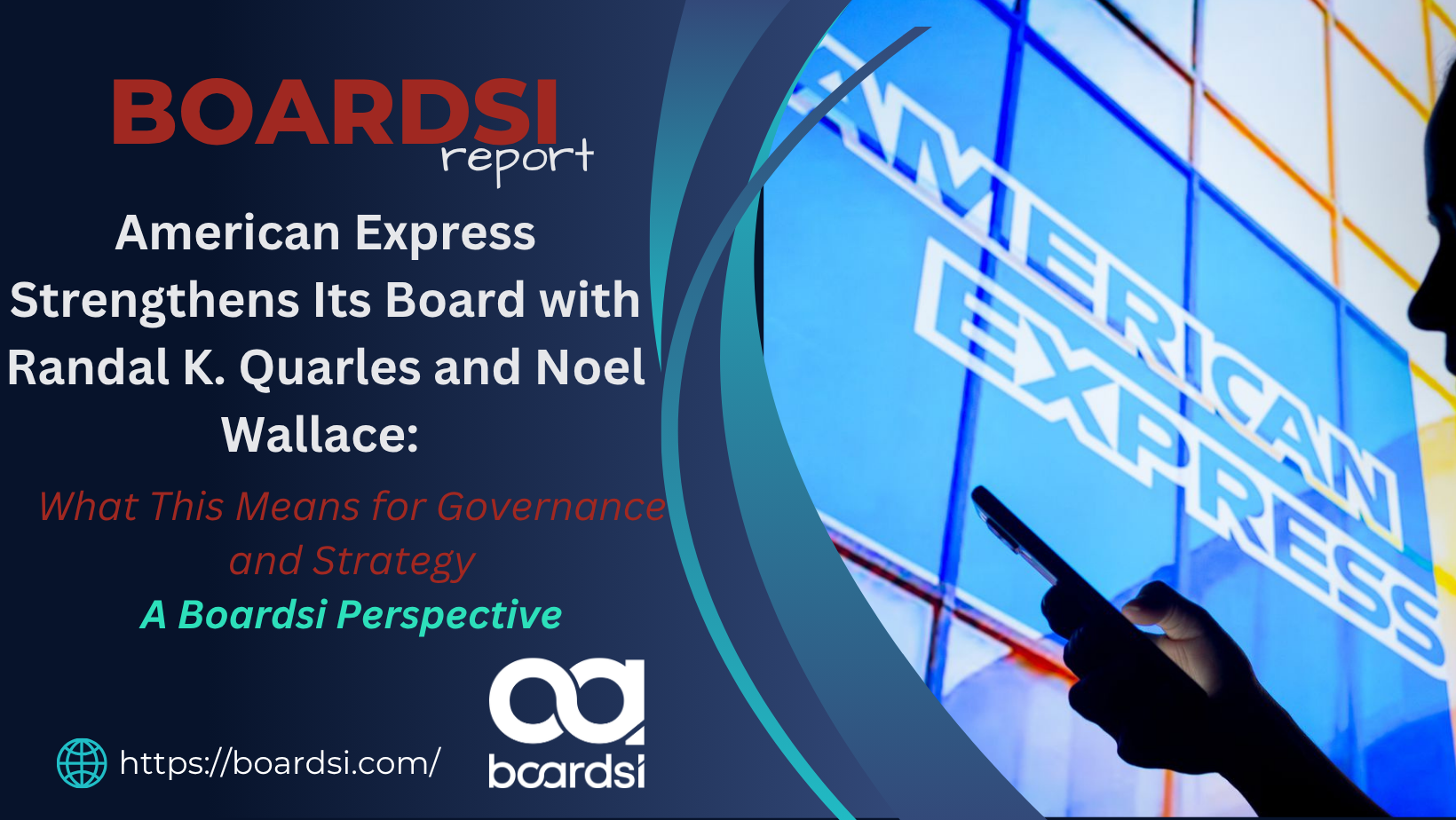Great leaders don’t just manage—they invest. They invest in people, innovation, strategy, and long-term growth the same way a top investor evaluates assets, scalability, and risk.
Yet, too many executives focus only on day-to-day operations, missing the bigger picture of value creation. The best leaders think beyond quarterly targets—they operate with the mindset of an investor, ensuring that every decision compounds over time.
Even if you’re not an investor by profession, adopting an investor’s mindset can elevate your leadership approach, help you scale organisations, and drive sustainable success.
1. Seeing the Bigger Picture: Leadership as Long-Term Investing
Investors don’t chase quick wins—they seek compounding value. The same principle applies to effective leadership.
Great leaders focus on:
- Long-term scalability over short-term gains
- Building strong teams rather than quick fixes
- Creating sustainable systems instead of reactive decisions
Just like smart investors hold assets that appreciate over time, top executives build businesses that scale sustainably.
Pro Tip: Ask yourself, “Is this decision creating long-term value, or am I just fixing an immediate issue?”
2. Risk Management: Thinking Like a Venture Capitalist
The best investors are masters at risk assessment—they don’t avoid risk, they analyse and manage it strategically.
How Leaders Can Apply Investor-Level Risk Thinking
Take calculated risks – Evaluate potential rewards vs. downsides before making decisions.
Diversify your strategy – Have contingency plans in case things don’t go as expected.
Use data-driven decision-making – Base choices on trends, analytics, and informed projections.
A great CEO or executive doesn’t fear risk—they embrace uncertainty with the confidence of an investor making high-stakes decisions.
Pro Tip: Before making a major leadership decision, ask yourself, “If I were investing my own money, would I make this call?”
3. Scalability: Making Every Decision with Growth in Mind
Successful investors back businesses that can scale exponentially—leaders should apply the same principle to decision-making and operations.
How to Build a Scalable Leadership Strategy
Delegate effectively – The best companies grow because leaders empower their teams.
Optimise processes – Build repeatable systems that can scale with minimal friction.
Think beyond today – Anticipate how decisions today impact growth 5–10 years from now.
Pro Tip: A leader’s job isn’t to do everything—it’s to create an organisation that runs efficiently with or without them.
4. Talent is the Greatest Investment: Build a High-Performing Team
Investors bet on people as much as businesses. The best leaders do the same by hiring, developing, and retaining top talent.
Hire for future potential, not just current skills
Invest in continuous learning and leadership development
Create a culture where innovation and growth thrive
A leader’s greatest asset isn’t just a product, strategy, or technology—it’s the people executing the vision.
Pro Tip: Talent acquisition is like venture investing—find the best, invest in them, and watch them scale your business.
5. Exit Strategy Thinking: Always Know the End Game
Every investor considers an exit strategy before making an investment—leaders should do the same.
Great leaders don’t just build for today—they structure businesses for future transitions. Whether it’s succession planning, M&A, or IPO positioning, the best-run companies are built to outlast their founders.
Can your business run without you?
Are you building a legacy that retains value?
Would an investor see your company as a valuable long-term asset?
Pro Tip: Lead with the mindset that your company should thrive long after you’re gone—that’s true investment thinking.
Final Thoughts: The Investor Mindset Sets Leaders Apart
The best leaders think beyond immediate results—they build organisations with long-term vision, risk awareness, and scalable strategies.
Even if you never invest a dollar into a startup or portfolio, applying investor principles to leadership will make you:
- A better decision-maker
- A more strategic thinker
- A leader that builds lasting value
At the end of the day, great leadership is about making every decision an investment in the future.
So, what kind of leader are you? A short-term thinker—or an investor in long-term success?
Source: London Daily News
#Leadership, #Strategy, #InvestorMindset, #SustainableGrowth, #TalentDevelopment, #RiskManagement, #Scalability, #ExecutiveLeadership, #LongTermThinking, #DecisionMaking, #OrganizationalSuccess, #LeadershipDevelopment, #StrategicThinking









